Learn the easy way to schedule emails to be sent automatically at a later date and time on your iPhone, iPad, and Mac.
How to schedule an email to send later on iPhone, iPad, and Mac


Learn the easy way to schedule emails to be sent automatically at a later date and time on your iPhone, iPad, and Mac.
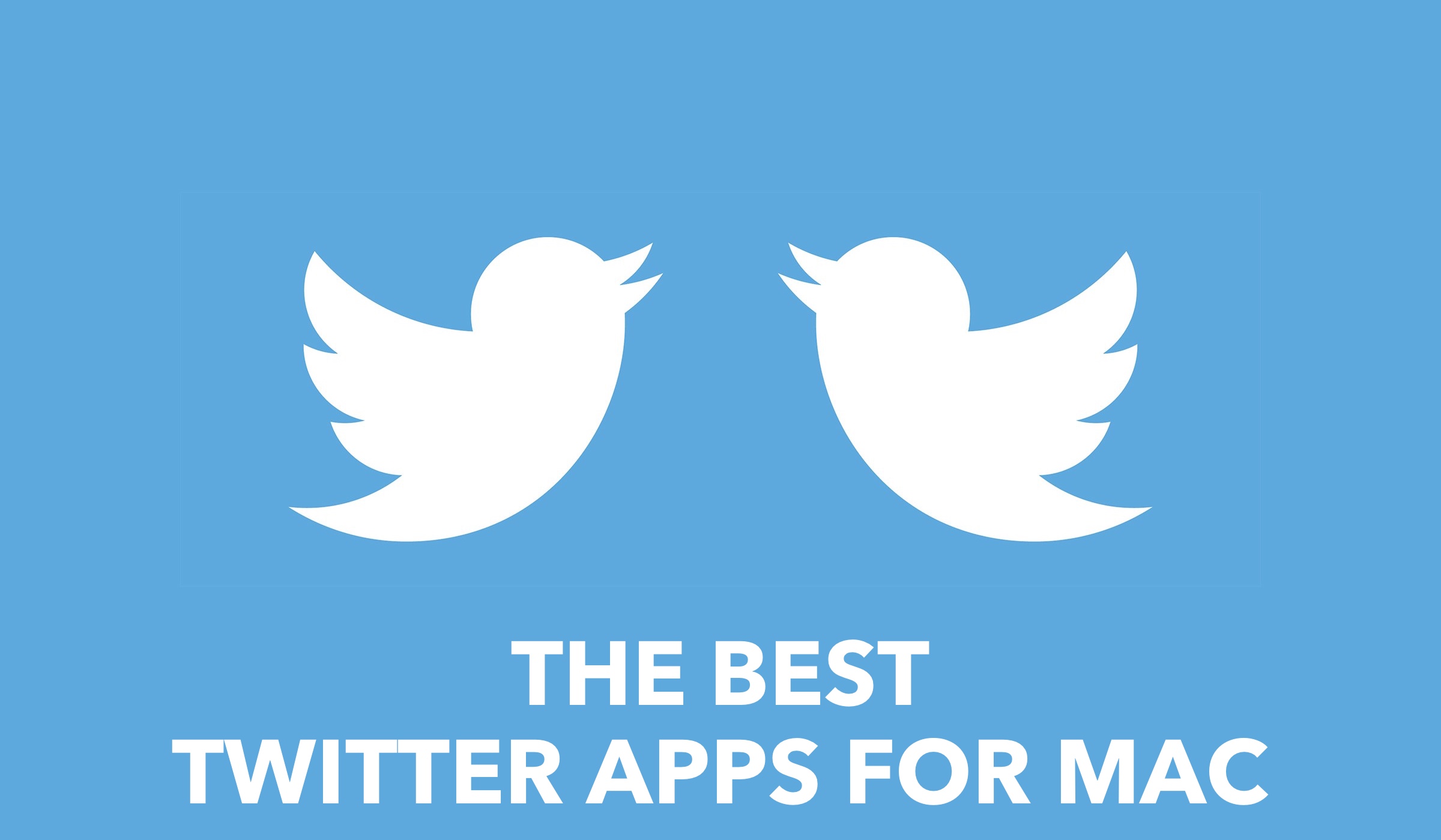
Twitter announced on Friday that beginning immediately, its Mac app will no longer be available for download, and the app will no longer be supported in 30 days. Whether or not Twitter was ever committed to their Mac app is an entirely different conversation, but the company suggests users access the service via the web, which it says will provide a consistent experience across platforms.
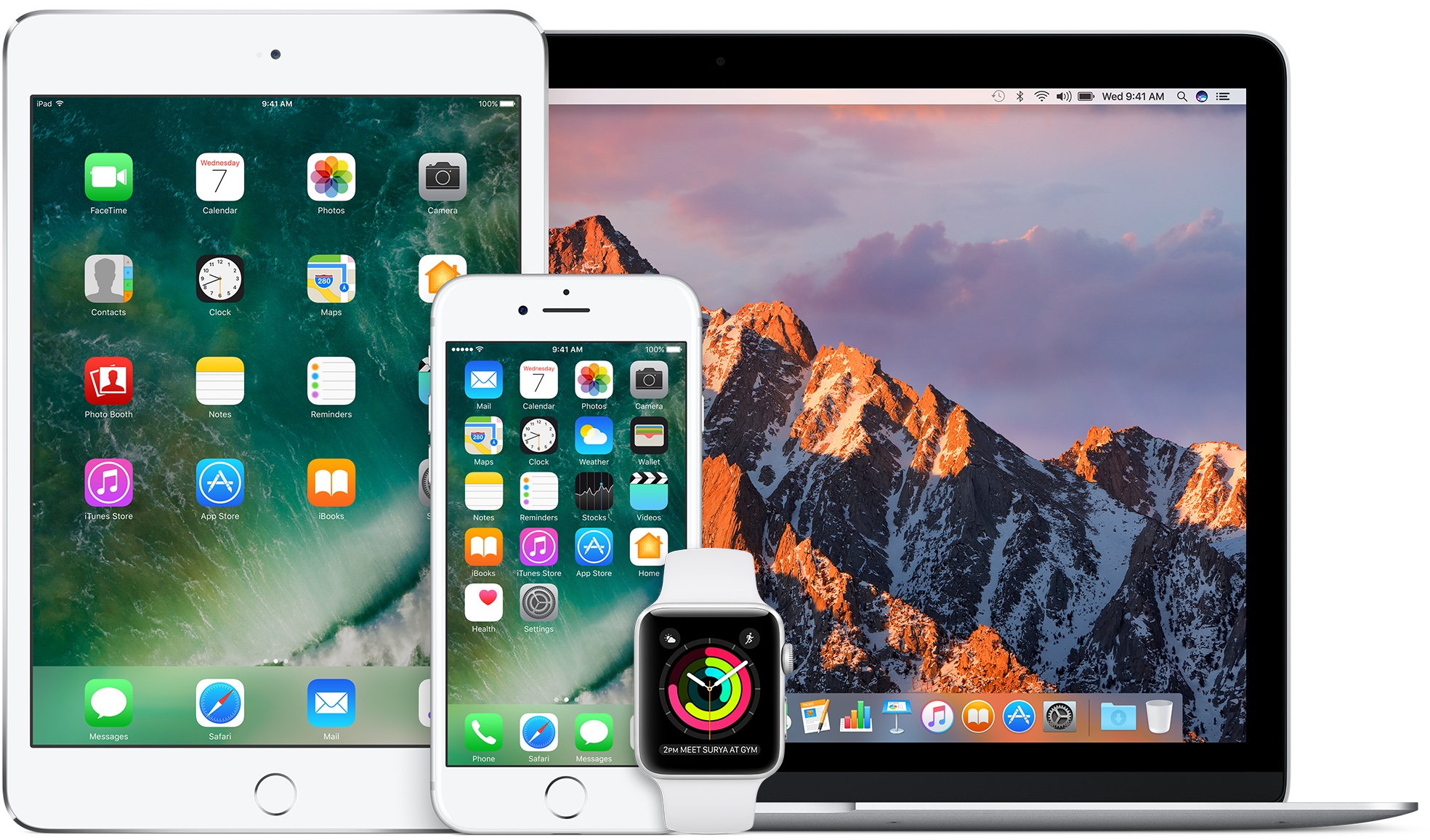
Apple's recently said it would push back some pretty major new features in iOS 12 to 2019, including an overhauled Home screen with a redesigned grid of app icons, but the rumored ability for Macs to run iPad apps is still on track for this year's software updates.
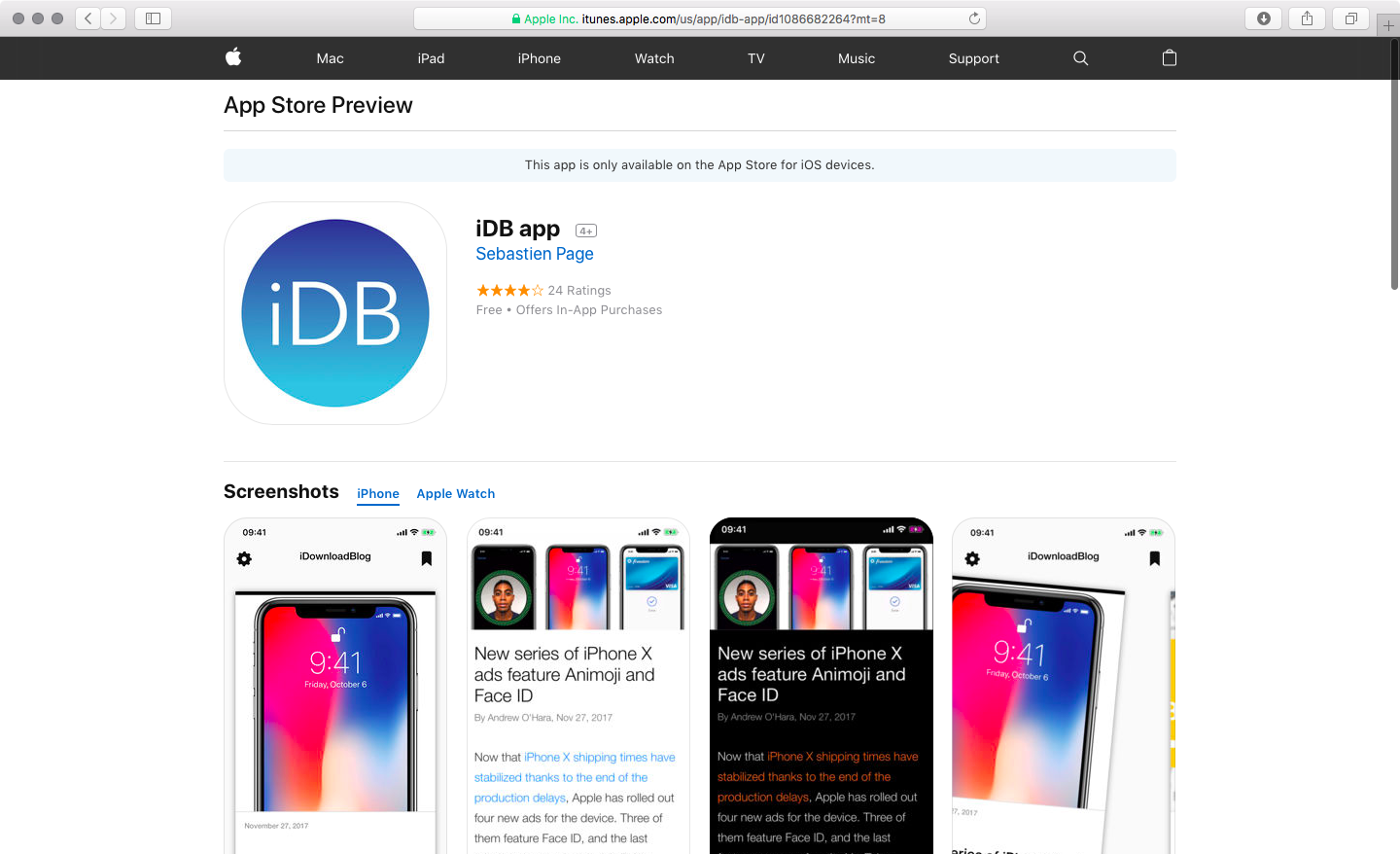
Apple has refreshed web previews of iOS, watchOS, tvOS and macOS apps, changing the dated design of its App Store and Mac App Store web interfaces to match iOS 11's new App Store styling with larger images, bolder headings, a strong focus on reviews and other perks.
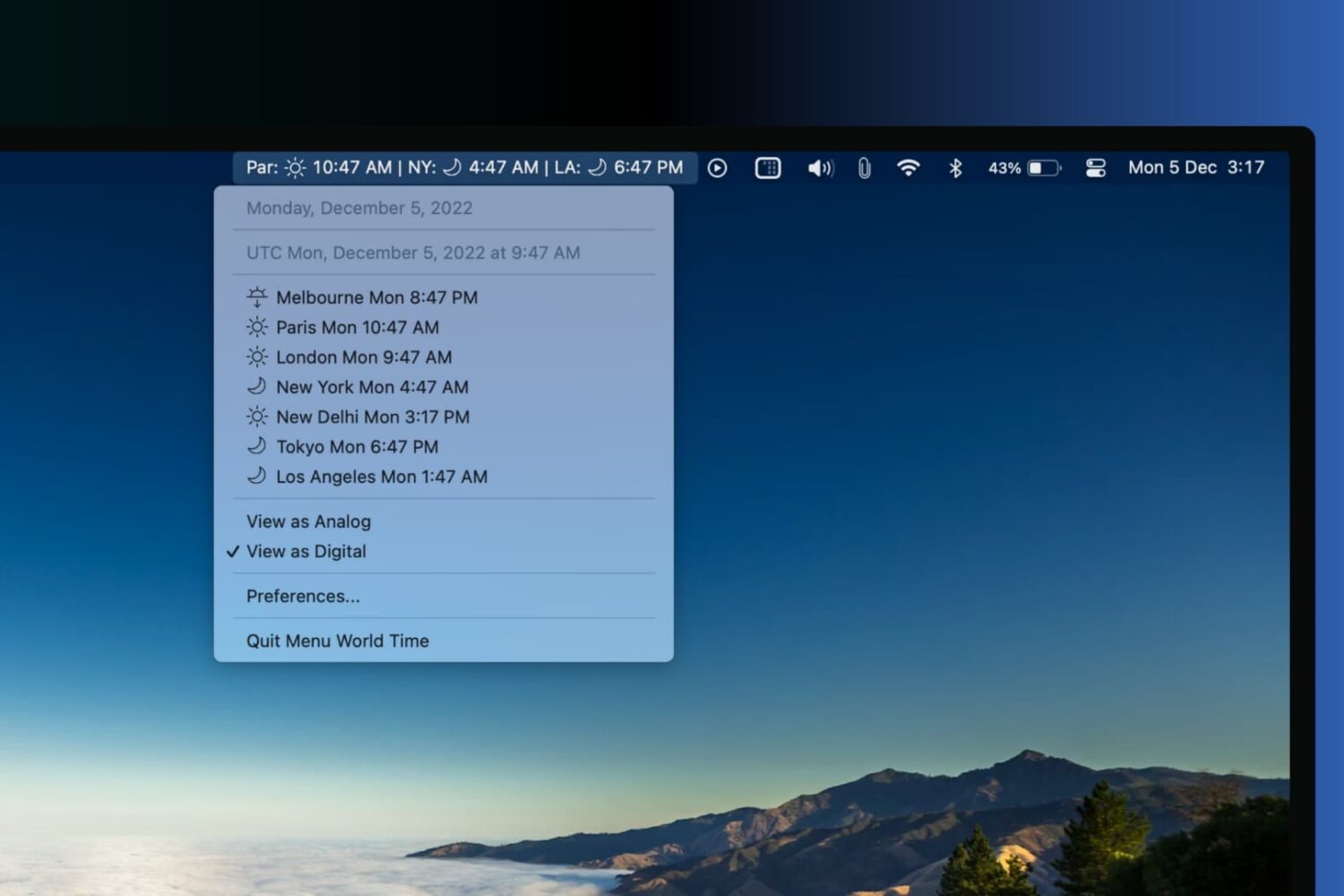
If like me you're working with people spread out across different time zones, figuring out what time it is for them in their specific location can quickly become confusing, especially when you take daylight savings time into account. The same may happen if your relatives are spread across the globe.
On your Mac, you can add a World Clock widget to the Today view, but I find this solution inelegant and not perfect since the time is shown as an analog clock without any indication of whether it's the morning, the afternoon, or even the same day in the time zones.
The advantage of adding another clock to the menu bar is convenience and immediacy. If the clock is in the menu bar, I can quickly glance at it without first having to launch any app or click on anything. It's right there.

Facebook on Friday announced it's begun rolling out a brand new Snooze button in users' News Feed following a period of testing in September.

Apple today announced its annual App Store, iTunes Store, iBooks Store and other content rankings, highlighting App of the Year, Game of the Year and other Best of 2017 top charts whilst announcing winners via the Today section of iOS 11's revamped App Store.
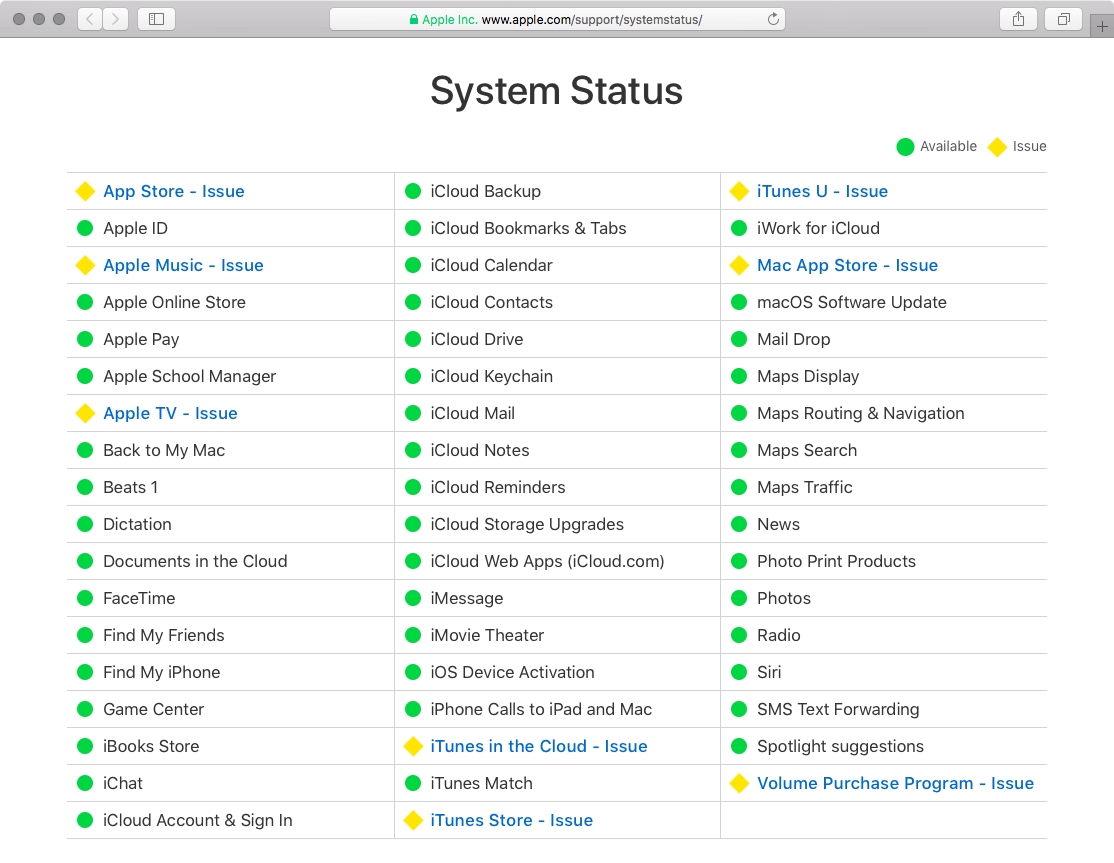
As noted on Apple's System Status webpage for consumers and the corresponding dashboard for developers, many iCloud services are currently displaying “intermittent issues”.
Before iOS 11, following a Mac app link in Safari on your iPhone or iPad yielded a warning message saying you could only download macOS apps using Mac App Store on your computer.
Thankfully, iOS 11's much-improved App Store changes that behavior.
At long last, now it's at the very least possible to bring up Mac app previews on your iOS devices. Yes, no longer do you have to switch to your Mac just to glance at basic information for a Mac app that interests you, such as its price, description, screenshots and so forth.
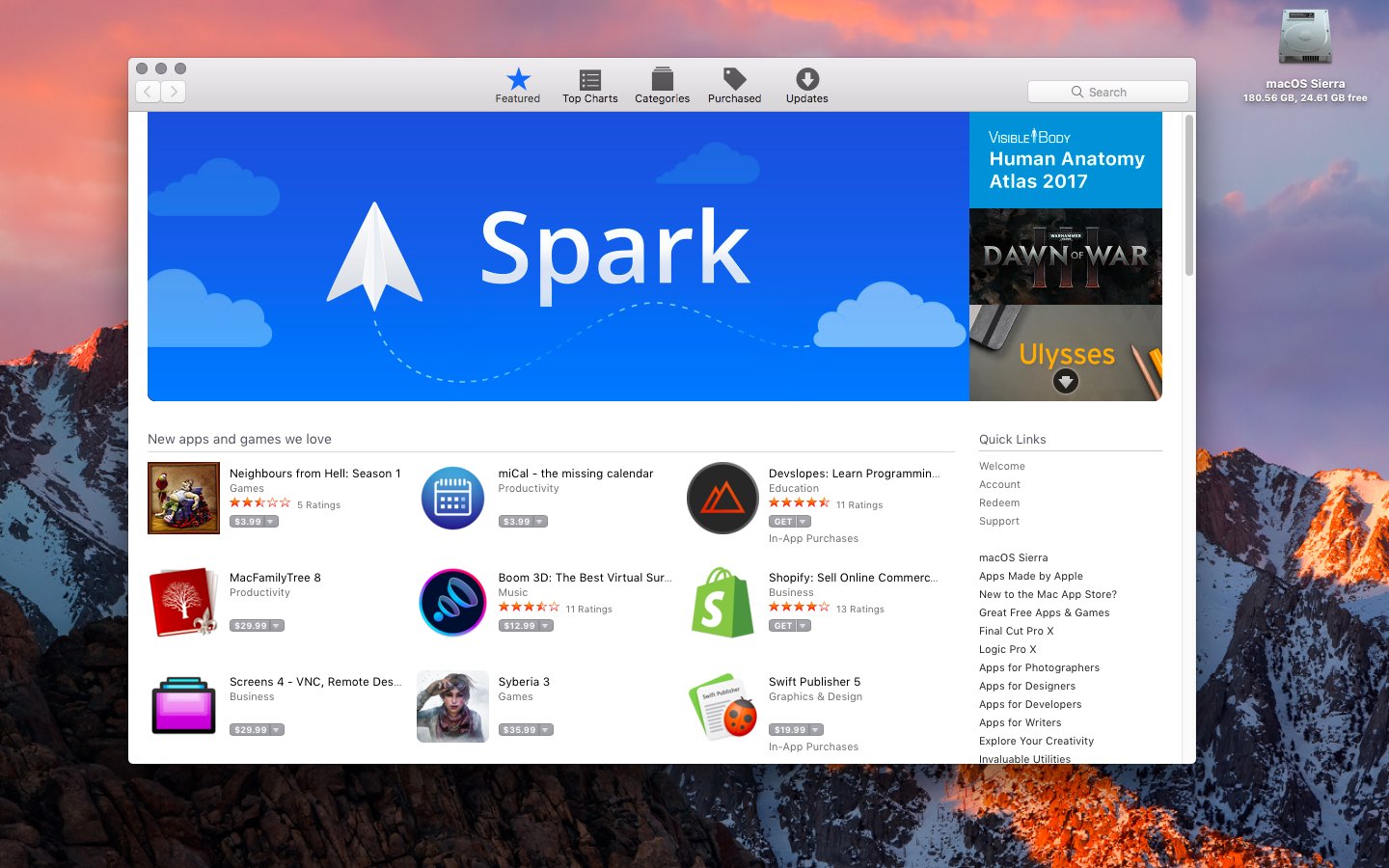
We know that iOS 11 marks the end of the road for legacy 32-bit apps and now we're learning about Apple's new 64-bit requirement for Mac apps.
In an advisory on Dev Center yesterday, the Cupertino giant announced that macOS High Sierra will be the last macOS release to support 32-bit apps “without compromise.”
Apple originally said at the Worldwide Developers Conference that macOS apps submitted to Mac App Store must support 64-bit computing starting January 2018. The new advisory states that Mac app updates and existing apps must support 64-bit starting June 2018.
“If you distribute your apps outside Mac App Store, we highly recommend distributing 64-bit binaries to make sure your users can continue to run your apps on future versions of macOS,” reads Apple's note to developers.
In a separate notice, the company reminded developers to submit updates to their 32-bit apps because iOS 11 is 64-bit only. ”Support for 32-bit apps is not available in iOS 11 and all 32-bit apps previously installed on a user’s device will not launch,” reads the note.
Two days ago, Apple asked developers to update their product pages for iOS 11’s redesigned App Store.
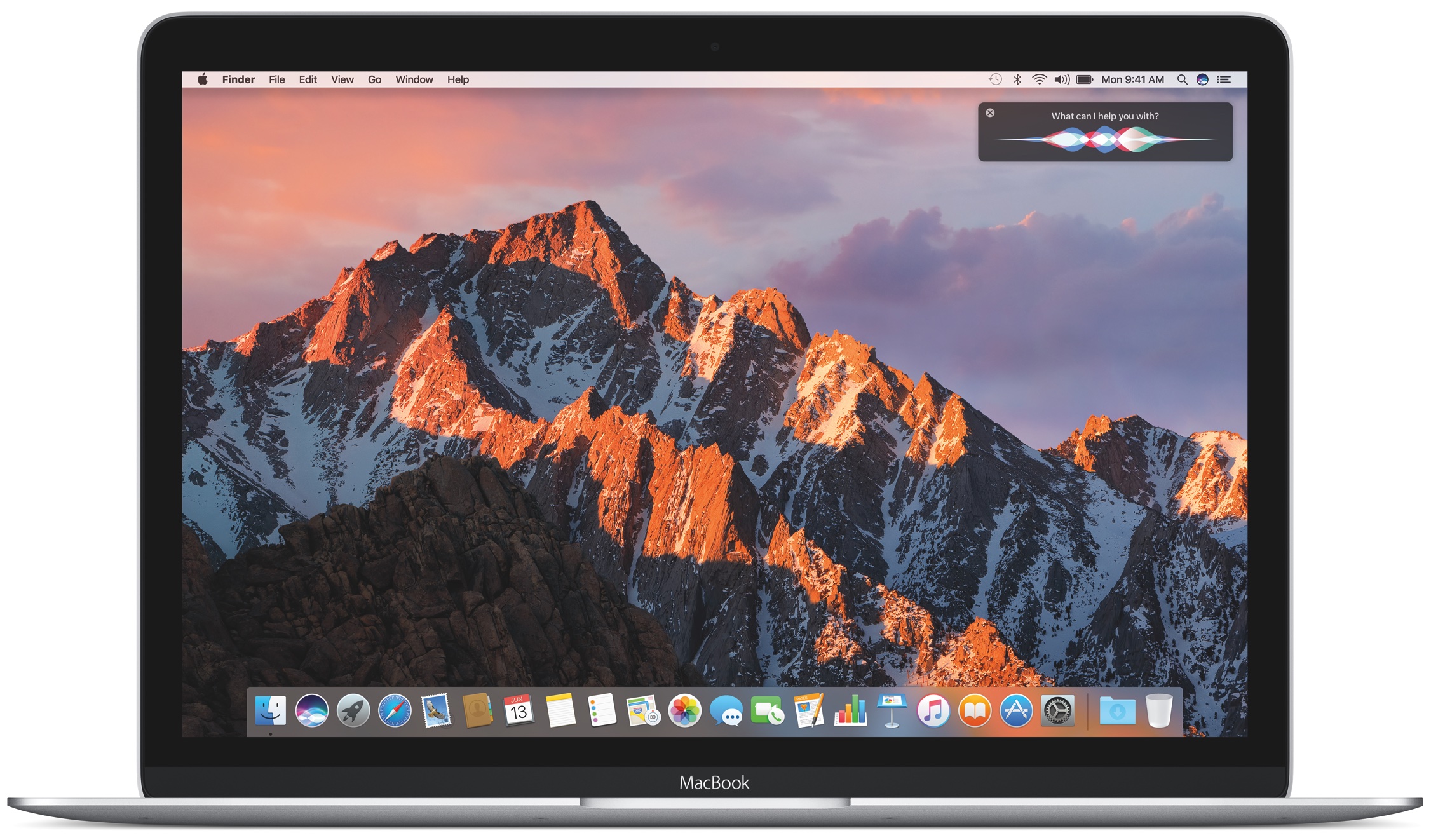
Apple today released the mostly maintenance macOS Sierra 10.12.5 software update alongside updates to iOS, watchOS and tvOS. According to release notes accompanying the download, 10.12.5 fixes issues with USB headphones and Windows 10 installations while laying the groundwork for future macOS releases.
Plus, this version of macOS “enhances compatibility of Mac App Store with future software updates.” Apple is expected to preview the next major version of macOS at its annual developers conference next month.
macOS Sierra 10.12.5 can be installed via the Mac App Store's Updates tab.
Read Apple's support doc for detailed information about the update's security content.
Safari 10.1.1, which comes included in the 10.12.5 update, patches for more than half a dozen WebKit-related vulnerabilities while fixing yet another instance of address bar spoofing that could fool users into believing they're visiting a genuine rather than a maliciously crafted webpage designed for phishing attacks.
It's available for OS X Yosemite 10.10.5, OS X El Capitan 10.11.6 and macOS Sierra 10.12.5.
A minor update to iTunes for Mac and Windows was also pushed today.
iTunes 12.6.1 comes with unspecified app and performance improvements along with a fix for a WebKit exploit on Windows 7 and later which could result in arbitrary code execution after processing maliciously crafted web content.
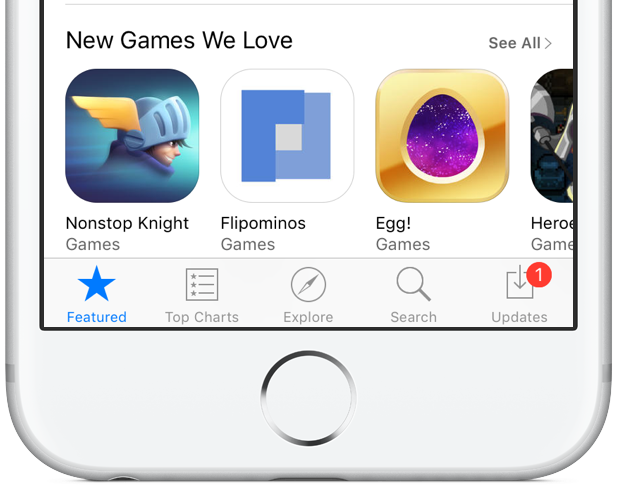
Apple has clarified in an email communique by its iTunes Affiliate Support team that the recently reduced affiliate rates which went into effect May 1 only apply to in-app content, not to apps linked on websites and other outlets.
The company announced a policy change last month, saying commission rates for apps and in-app content would drop from seven to just 2.5 percent. The firm now clarifies that the change applies only to affiliate links used inside apps, not the ones on websites like iDB.
“Please note that only in-app commissions have changed,” reads the message from iTunes Affiliate Support. Here are the correct new app commission levels, according to Apple itself:
iOS apps commissions: 7 percent In-app iOS commissions: 2.5 percent Mac apps commissions: 7 percent In-app macOS commissions: 2.5 percentSeveral website owners and bloggers linking to App Store and Mac App Store apps have reported that the seven percent commission for apps has in fact remained unchanged.
MacGamerHQ provides the following screenshots of Apple's email to iTunes Affiliate members.
Apple originally said about two weeks ago that beginning May 1, 2017 commissions for all apps and in-app content would get slashed from seven percent to just 2.5 percent globally. The poor wording of the message has been blamed for the misunderstanding.
“We will also continue to pay affiliate commissions on Apple Music memberships so there are many ways to earn commissions with the program,” Apple said two weeks ago.
Aside from slashing commissions for in-app content, items like music, movies, books and TV subscriptions remain subjected to the seven percent commission rate across all markets.
iTunes Affiliate Program lets website owners and developers claim a small percentage of the proceeds from linked apps and content.
The company's Affiliate Resources webpage offers a Getting Started guide on becoming an affiliate partner, an updated Program Overview section providing information on the commission raters, reporting, creating links and other useful resources.